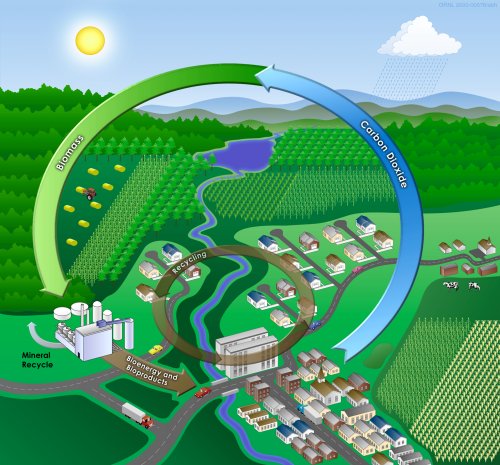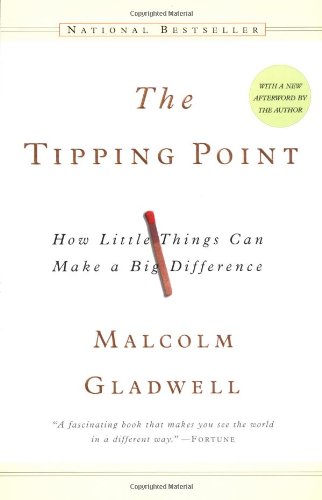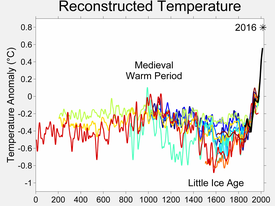The Polar Bear is the poster child for the animal affected by climate change and global warming but they are not the only ones that will be feeling the pressure from the change.
Sea turtles are another animal that are going to be feeling the effects of rising climate. The main effects that they will be feeling are in the loss of coast area. Many of the nesting areas for sea turtles eggs are in low lying coast area, which would be lost when the sea level rises. There would also be an issue with the with the temperature of the sand. The temperature of the sand would be too warm for optimal incubation. Lastly, the increase in sand temperature would bias the sex of the turtles since the temperature during incubation is how the sex of the turtle is determined.
Other animals that are affected by climate change are:
The Right Whale
Source: http://theowlsmonocle.com/wp-content/uploads/2012/02/right-whale.jpg
Penguins
Source:https://encrypted-tbn3.gstatic.com/images?q=tbn:ANd9GcQBd510PK3r1kXhW2k7Ch3KnSIVYIue_RaeVZQHEoX13IYCCXsL
Seals
Source:http://images.nationalgeographic.com/wpf/media-live/photos/000/006/cache/monk-seal_632_600x450.jpg
Lobsters
Source:https://encrypted-tbn3.gstatic.com/images?q=tbn:ANd9GcQrdOHO9iCvq3QMHBK0Gs7gGYW6N1TaHX9CObitjQlq0ycUlXrH
.png)























